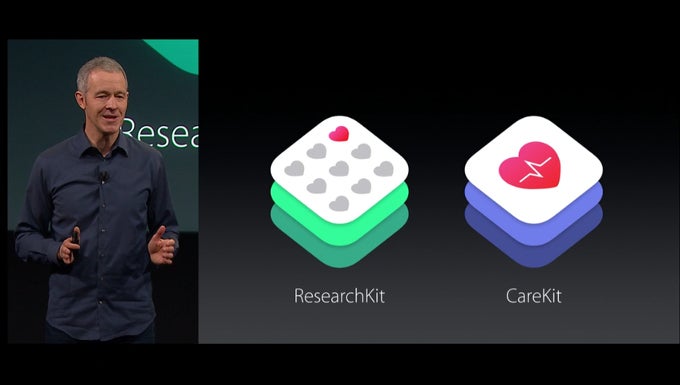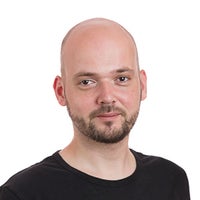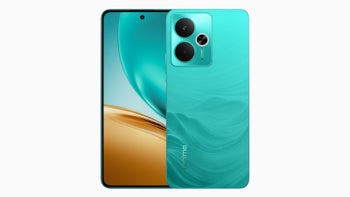Apple to launch CareKit framework to help medical research, early symptom detection, and treatment

So, as a next step in the evolution of ResearchKit, Apple has announced that it will now be launching a new API – CareKit. It will be open for institutions to develop apps that will help patients take a more active part in the care for their health. Currently, there are 6 major medical centers on board with CareKit and the framework will launch with two modules out of the gate. The first one is an app geared towards those afflicted with Parkinson's disease, which has the patient tapping on dots on the screen to measure their symptom levels, helping doctors gauge the effectiveness of the current medication plan. The second one is an instructions app that will help post-surgery patients to stick to their diet and health instructions for full recovery, as well as report their progress and any symptoms to their doctor and close ones straight from the app.
CareKit is about to launch in April and Apple has high hopes that it would be helpful for medical specialists, patients, and, of course, the future development in medicine as we know it.










Things that are NOT allowed: